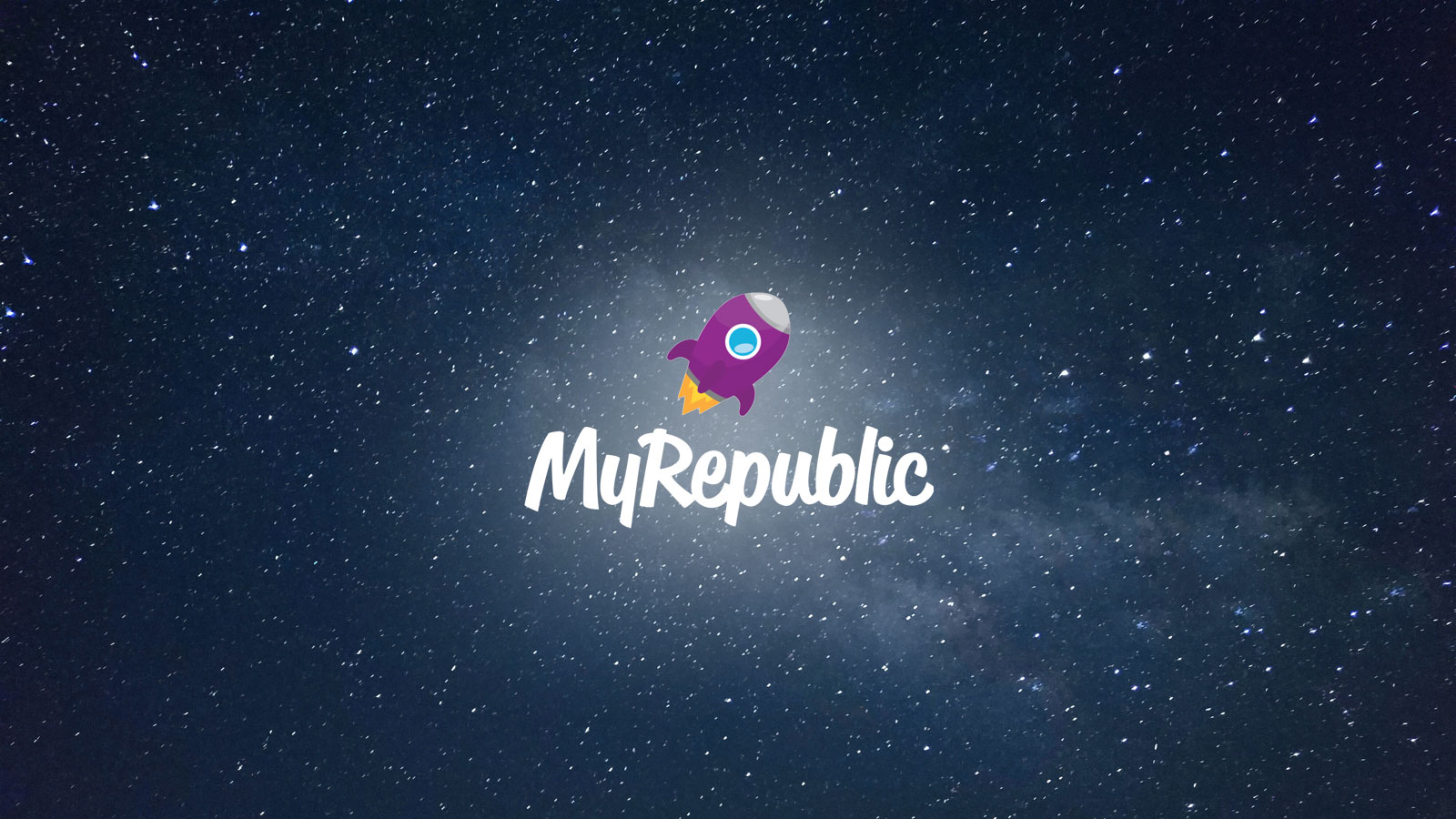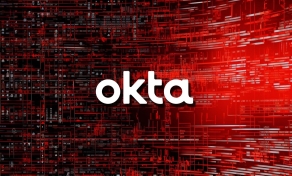
MyRepublic Singapore has disclosed a data breach exposing the personal information of approximately 80,000 mobile subscribers.
MyRepublic an Asia-Pacific telecommunications carrier and Internet service provider with operations in Singapore, New Zealand, and Australia.
Yesterday, MyRepublic Singapore began emailing data breach notifications disclosing that customers' personal information was exposed after an unauthorized person gained access to a third-party data storage platform.
MyRepublic states that the data storage has since been secured, but not before an unauthorized person had accessed the data of 79,388 mobile subscribers based in Singapore.
The exposed data include identity verification documents for applications for mobile services, including:
- For affected Singapore citizens, permanent residents, and employment and dependent pass holders — scanned copies of both sides of NRICs;
- For affected foreigners — proof of residential address documents e.g., scanned copies of a utility bill; and
- For affected customers porting an existing mobile service — name and mobile number.
There is no indication that account or payment information was accessed as part of this incident.
While the storage platform has not been disclosed, it is likely an incorrectly secured storage bucket based on the types of files that were exposed.
MyRepublic says that they have reported the incident to Singapore's Infocomm Media Development Authority and the Personal Data Protection Commission and will work with them to investigate the security incident.
The mobile carrier is also working with KPMG in Singapore to investigate and resolve the incident.
For those affected by this data breach, MyRepublic a complimentary credit monitoring service through Credit Bureau Singapore (CBS).
What should affected customers do?
While no financial or account information, such as email addresses and login names, were exposed, other sensitive information was accessed that could allow identity theft.
Using stolen utility bills and National Registration Identity Cards (NRICs), it may be possible for threat actors to open accounts or receive credit under an exposed customer's name.
Therefore, all affected customers must monitor their credit reports to ensure fraudulent accounts are not created with their identity.
Customers whose mobile numbers were exposed should also look for SMS texts attempting to steal further sensitive information.
Thx to Douglas Mun for the tip!


Post a Comment Community Rules
You need to login in order to post a comment
Not a member yet? Register Now